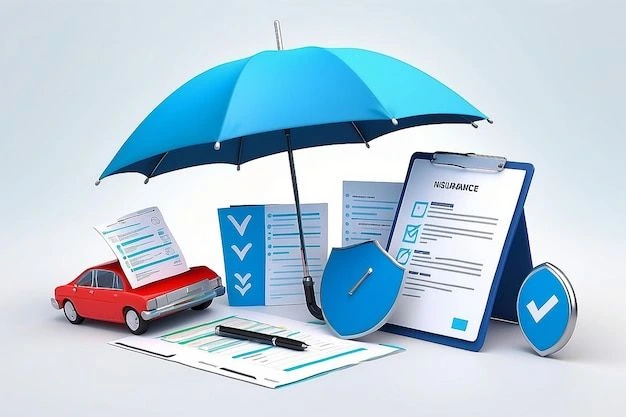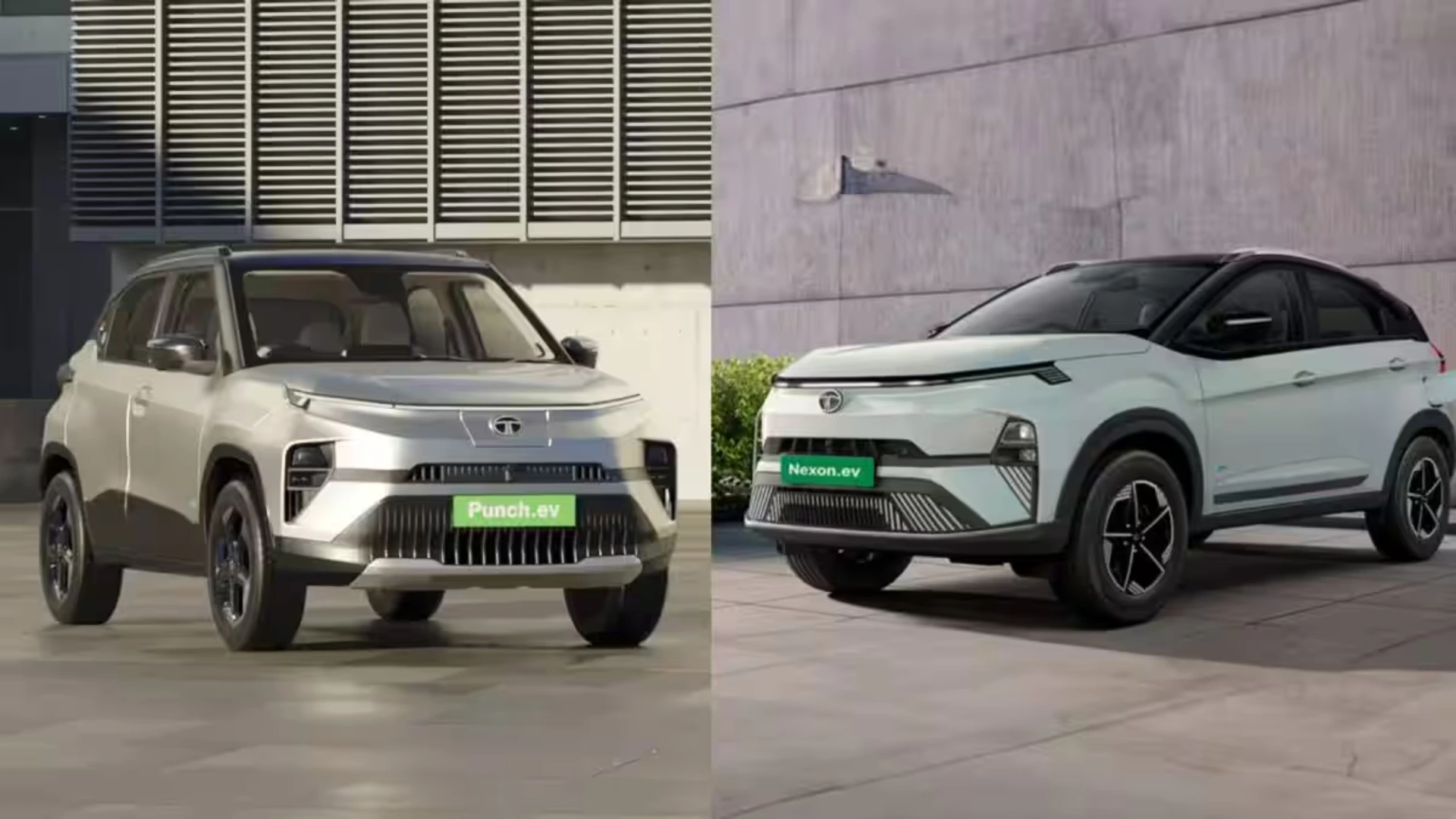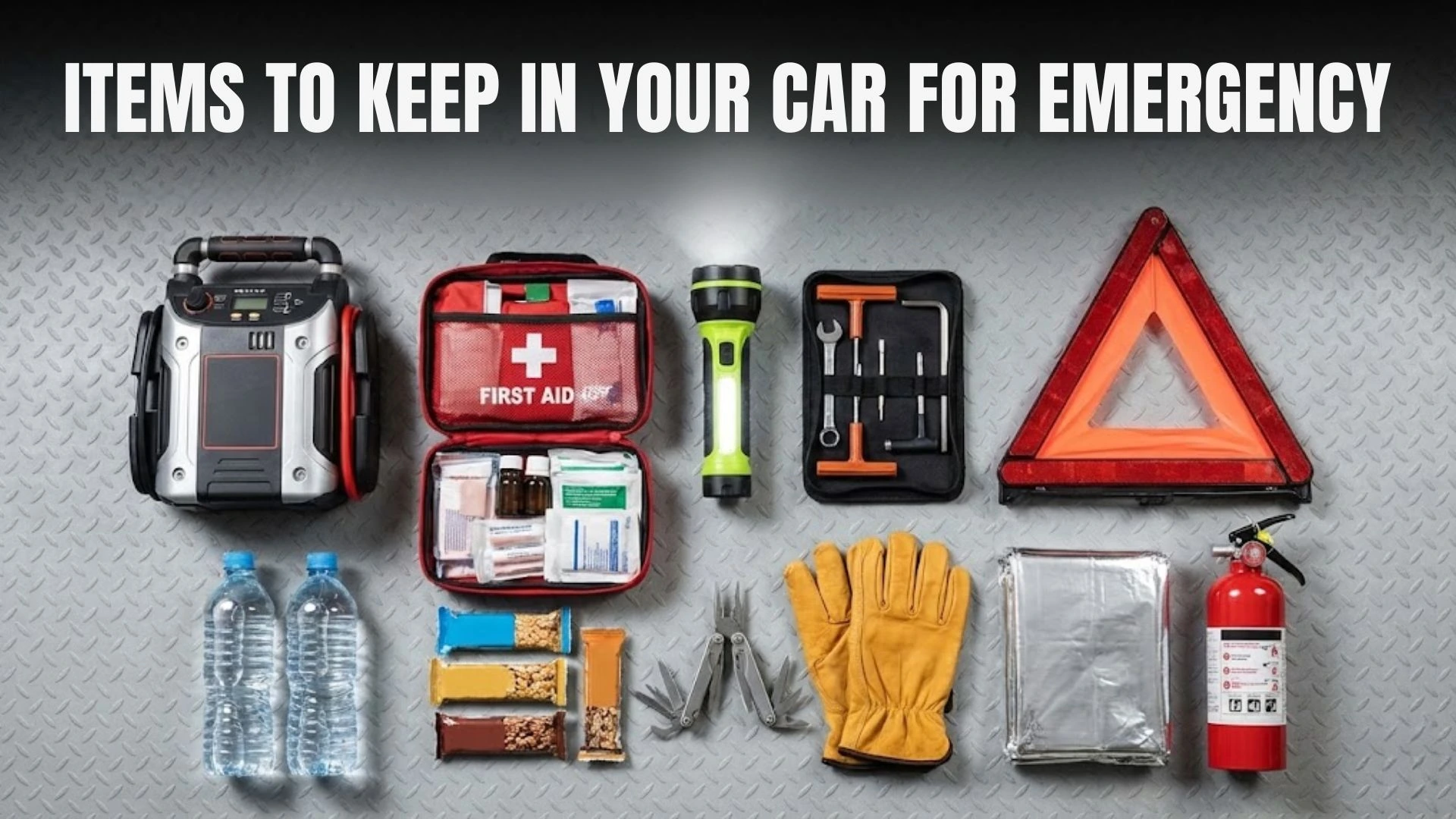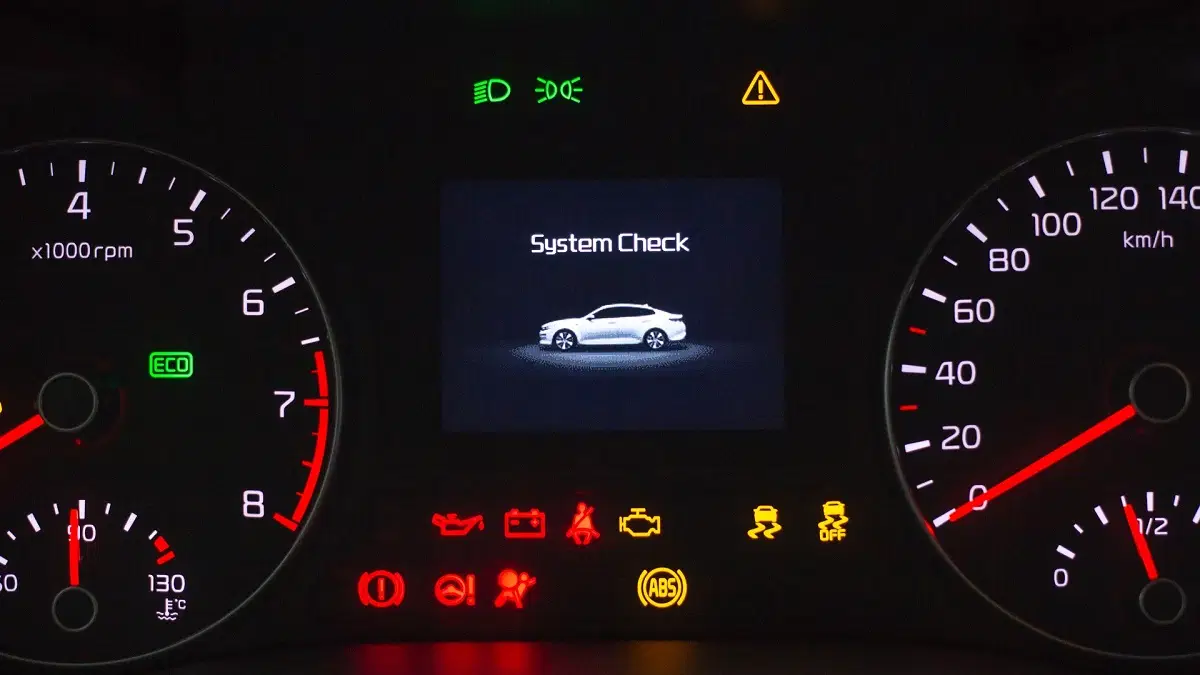
Table of Content
▼- What is Car Insurance Cancellation?
- Common Reasons for Car Insurance Cancellation
- Effects of Cancelling Car Insurance
- What is Car Insurance Non-Renewal?
- Why Car Insurance Policies Are Not Renewed
- Impact of Car Insurance Non-Renewal
- Car Insurance Cancellation vs Non-Renewal: A Quick Comparison
- How to Avoid Both Scenarios
- Final Thoughts
Most people think of premiums, claims, and renewals in relation to car insurance; what if your coverage really ends—not just by sunset, but through cancelation (or non-renewal)? While cancellation and non-renewal constitute the same end in coverage, the reasons for (and ramifications of) each differ greatly.
To better protect you from either circumstance and stay insurable, it is important to understand the key distinctions between Car Insurance Cancellation vs Non-Renewal. Let’s look at what sets these two apart, and how to protect yourself against either circumstance.
What is Car Insurance Cancellation?
Simply put, car insurance cancellation occurs when your policy is terminated before its expiration date. Both the insurer and the insured have the right to cancel the policy under specific conditions. However, cancellation usually raises a red flag in your insurance history.
Common Reasons for Car Insurance Cancellation
Here are the typical triggers:
- Non-payment or Irregular Premiums
Skipping renewal payments or paying late can result in policy termination. - Misinformation or Fraud
If you hide facts about your vehicle or personal history, the insurer may cancel your four-wheeler insurance. - No Valid Driver’s License
Driving without a valid or active license puts your policy at immediate risk. - Impaired Medical Condition
If a driver’s medical state makes them unsafe on the road, the policy may be revoked. - Voluntary Cancellation by the Insured
Policyholders may cancel if they switch insurers, sell their vehicle, or disagree with policy terms.
Effects of Cancelling Car Insurance
The consequences can be serious:
- Other insurers may view you as high-risk.
- You might face higher premiums in the future.
- Some providers could reject your application altogether.
- Refunds on premiums may be partial, depending on terms.
- Cancellation fees or penalties might apply.
Also Read: Learn About Car Insurance Claims in Various Situations
What is Car Insurance Non-Renewal?
On the flip side, car insurance non-renewal happens when either the insurer or policyholder decides not to renew the policy at the end of the term. Unlike cancellation, this does not interrupt the policy mid-term.
Why Car Insurance Policies Are Not Renewed
Several factors can lead to non-renewal:
- Poor Driving Record
Frequent accidents or traffic violations can deter insurers. - Invalid Registration Certificate (RC)
A suspended or expired RC makes your vehicle ineligible for insurance. - Relocation to a Different Region
Insurers may not operate in your new location. - Frequent or Fraudulent Claims
Submitting too many or false claims lowers your credibility. - Lack of Transparency
Concealing usage details or driver history may prevent renewal. - Personal Decision
You may choose not to renew due to better options elsewhere.
Impact of Car Insurance Non-Renewal
Letting your policy lapse can result in:
- Loss of your No Claim Bonus (NCB)
- Higher premiums when buying a new policy
- Lapse in coverage, which could be legally and financially risky
Car Insurance Cancellation vs Non-Renewal: A Quick Comparison
Here’s a skimmable table that breaks down the key differences:
|
Aspect |
Car Insurance Cancellation |
Car Insurance Non-Renewal |
|
Definition |
Termination during the policy term |
Decision to not continue after policy expiration |
|
Initiated By |
Insurer or insured |
Insurer or insured |
|
Common Reasons |
Non-payment, false info, invalid license, health issues |
Poor driving record, relocation, frequent claims |
|
Consequences |
High-risk tag, fewer policy options, higher future premiums |
Loss of NCB, possible higher rates on next policy |
|
Refunds |
Partial (may include cancellation fee) |
Not applicable (policy ends naturally) |
|
Avoidance Strategy |
Pay on time, provide accurate details, drive legally |
Maintain good record, be honest, renew timely |
How to Avoid Both Scenarios
Taking a few responsible steps can keep your four-wheeler insurance uninterrupted:
- Pay premiums on time to avoid policy lapse.
- Drive responsibly to maintain a clean record.
- Provide truthful information during application and renewals.
- Keep vehicle documents updated, including your license and RC.
- Choose a reliable insurer that fits your budget and coverage needs.
Final Thoughts
Understanding Car Insurance Cancellation vs Non-Renewal helps you make better choices regarding your insurance. Although neither process is great for you as a customer, they may have quite different situations and final outcomes. Cancellation is often an indication of a problem which could follow you in the world of insurance, whereas non-renewal is typically an issue of choice or eligibility.
To stay protected on the road, have an active, accurate and up to date car insurance policy. After all, the road ahead is always a lot smoother when you are covered in more ways than one.
Also Read: Step-by-Step Guide to Indian Vehicle Registration (2025)
Karan Bhatia
Karan Bhatia is an automobile expert and reviewer with 8+ years of experience test-driving cars, bikes, and EVs. He provides honest, detailed, and practical reviews that highlight performance, design, safety, and value for money. His expert insights help readers make confident choices when buying their next vehicle.


_1771411501.webp)


